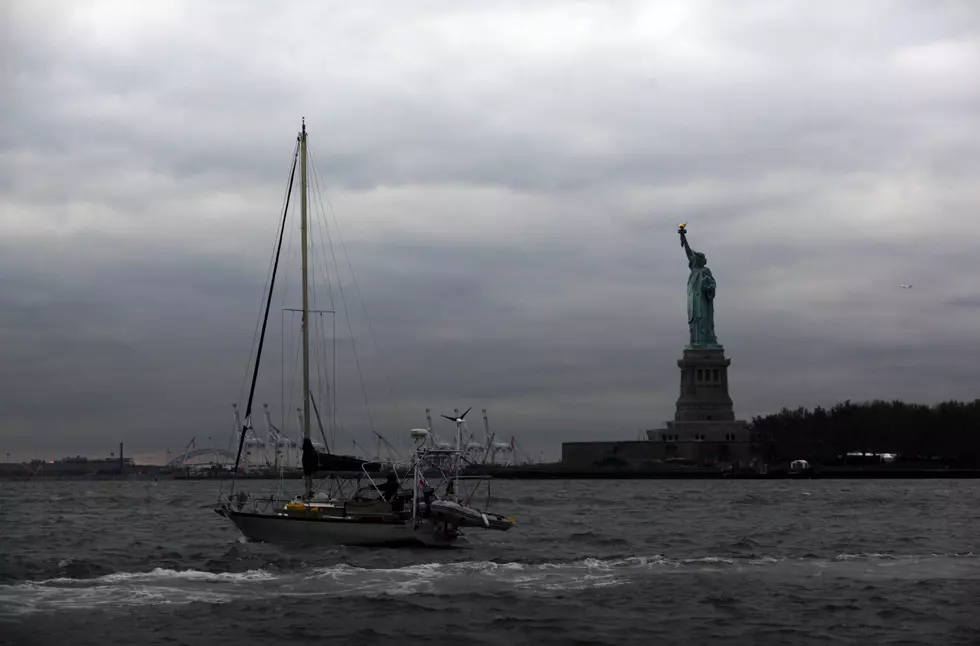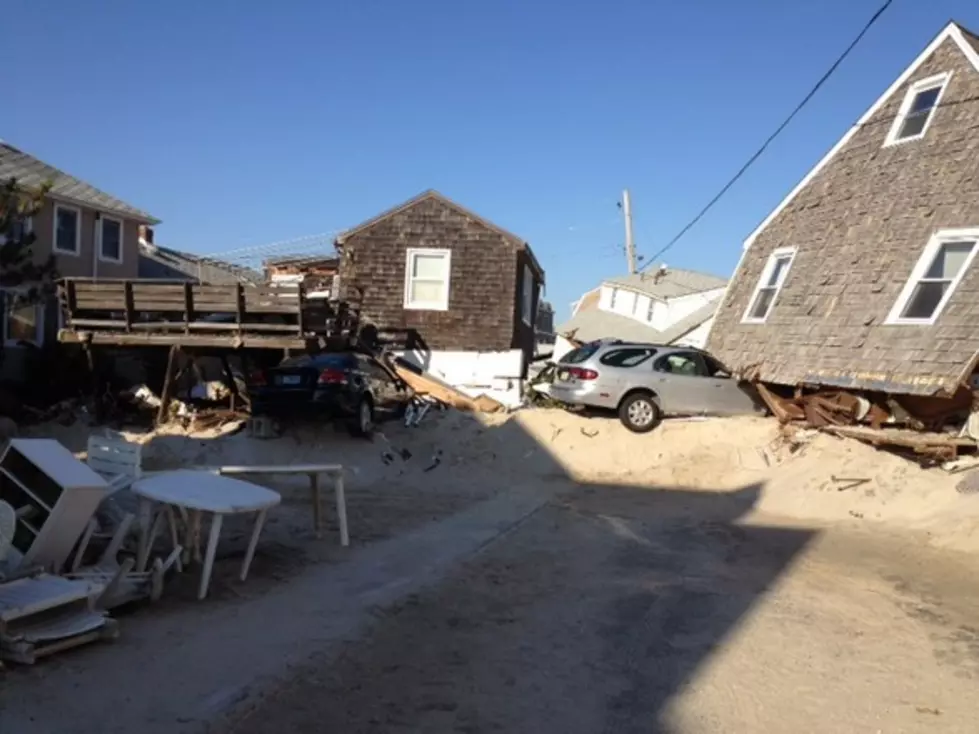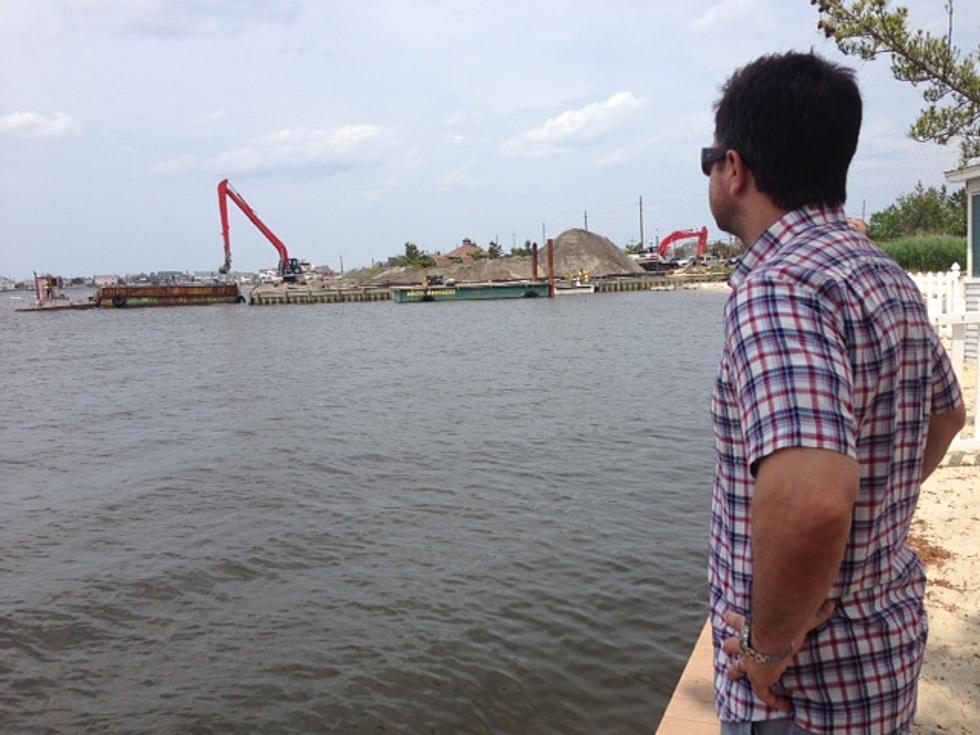
Partially-Treated Sewage Issue Has Officials Urging NJ to Limit Water Use
Concerns about a storm-damaged sewage treatment system has officials urging New Jersey residents in 48 towns to obey the Governor's administrative order concerning water use restrictions to stem the flow of partially-treated waste-water flowing into Newark, NY Harbor.
The NJ Dept. of Environmental Protection says that damage caused by flooding and power outages has limited the level of treatment for the 240 million gallons of waste-water that flows through Passaic Valley Sewerage Commission's (PVSC) facility daily.
PVSC serves 1.4 million customers in Bergen, Essex, Hudson, Passaic and Union counties.
“We are asking residents and businesses served by the PVSC to heed the Governor’s Executive Order for mandatory water use restrictions, and to be even more diligent in conserving water to help us reduce the flow of effluents into the harbor and limit environmental impacts until we get this plant fully operational,’’ said DEP Commissioner Bob Martin.
The following towns are served by the PVSC: Bayonne, Belleville, Bloomfield, Cedar Grove, Clifton, East Newark, East Orange, East Rutherford, Elizabeth, Elmwood Park, Fair Lawn, Franklin Lakes, Garfield, Glen Ridge, Glen Rock, Hackensack, Haledon, Harrison, Hasbrouck Heights, Hawthorne, Hillside, Jersey City, Kearny, Little Falls, Lodi, Lyndhurst, Montclair, Newark, North Arlington, North Bergen, North Caldwell, North Haledon, Nutley, Orange, Passaic, Paterson, Prospect Park, Ridgewood, Rutherford, Saddle Brook, South Hackensack, South Orange, Totowa, Union City, Wallington, West Orange, Woodland Park and Wood-Ridge.
The Governor’s Executive Order includes the following water use restrictions:
- All indoor water use, including showers, baths and domestic cleaning, must be conducted with minimum amounts of water;
- Non-essential indoor water use is prohibited;
- Watering of grass, lawns and landscapes is prohibited except for newly sodded or seeded areas done by professional landscapers or immediately following a commercial application of fertilizer, pesticide or herbicides; minimum amount of water should be used during these applications;
- Use of water for washing paved surfaces, such as streets, sidewalks, driveways, garages, parking lots and patios is prohibited;
- Outdoor use of water for ornamental or aesthetic purposes, including fountains, artificial waterfalls, and reflecting pools is prohibited, except to preserve or support wildlife
- Use of water for municipal street sweeping is allowed only with non-potable water and with minimal use necessary;
- Use of water for power washing of buildings is prohibited except for commercial enterprises engaged in power washing, and with minimum water use;
- Car and truck washing, except for emergency vehicles, is prohibited;
- Commercial car washing is allowed but with reduced rinse cycles and use of recycled water for pre-rinsing of vehicles;
- Cars and trucks at dealerships may only be washed just prior to delivery, with wash time limited to three minutes;
- Serving of water in restaurants, clubs, or other eating establishments is prohibited unless specifically requested by patrons.
More From New Jersey 101.5 FM









